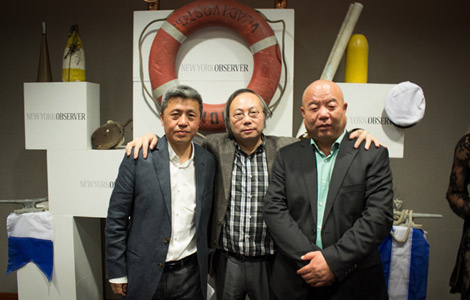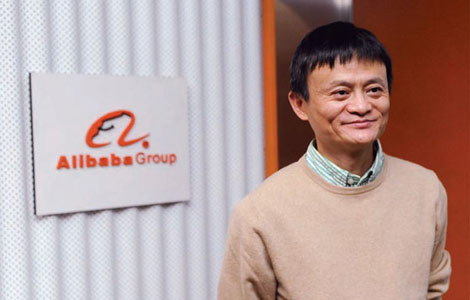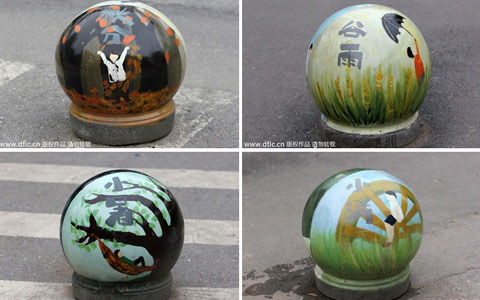Coming to a small screen near you
Updated: 2014-05-08 07:52
By Yang Yang (China Daily)
|
||||||||
Piracy
In August, Louis Cha, who under the pen name of Jin Yong is famous for his wuxia (martial arts and chivalry) novels, sued the mobile game developer iDreamSky Games, accusing the company of using his storylines for its game Sanjianhao, or Three Great Swordsmen, but failing to pay royalties. Changyou.com, which paid 2 million yuan for the game-adaptation rights to Cha's 11 novels, has negotiated with the major operators and has managed to get the game withdrawn from online stores.
Popular works by Japan's Toei Animation Co and the comic book publisher Shueisha Inc, such as Knights of the Zodiac and One Piece, have also been pirated in China. In response, the companies have attempted to defend their rights through legal proceedings and by seeking the cooperation of platform owners.
|
 |
|
 |
However, even though the game isn't yet on the market, reports of copycat versions are already circulating.
IPR concerns
"Some domestic game developers illegally copy popular foreign mobile games even before they have officially entered the Chinese market," said Jeremy Yu, deputy general manager of Tianjin Pictograph Technology Co.
Owning the intellectual property rights for their games is now essential for developers because it allows them to develop a range of derivatives. For Zhang, of Shanda Games, the research and development of new mobile games is one of the most important tasks a company must address: "Your product will only have lasting vitality if you have your own intellectual property."

 Forum trends: Made in China - cheap and inferior?
Forum trends: Made in China - cheap and inferior?
 Chinese artists are part of NY philanthropists' event
Chinese artists are part of NY philanthropists' event
 When a man loves an extremely tall woman
When a man loves an extremely tall woman
 Chinese enrollments increase for US MBA programs
Chinese enrollments increase for US MBA programs
 World Smile Day special: Grinning animals
World Smile Day special: Grinning animals
 Thai PM Yingluck bids farewell
Thai PM Yingluck bids farewell
 Biggest IPO ever?
Biggest IPO ever?
 Prima ballerina Tan still soars
Prima ballerina Tan still soars
Most Viewed
Editor's Picks

|

|

|

|

|

|
Today's Top News
Thailand's new PM seen capable of compromises
China urges Japan to maintain regional peace
Rig is drilling in our waters, Beijing says
Woman detained for leaking secrets
Alibaba joins Amazon's rival
Young Chinese student in spotlight
Swiss banks' move 'to aid graft fight'
Key Sino-Nigerian deals signed
US Weekly

|

|








